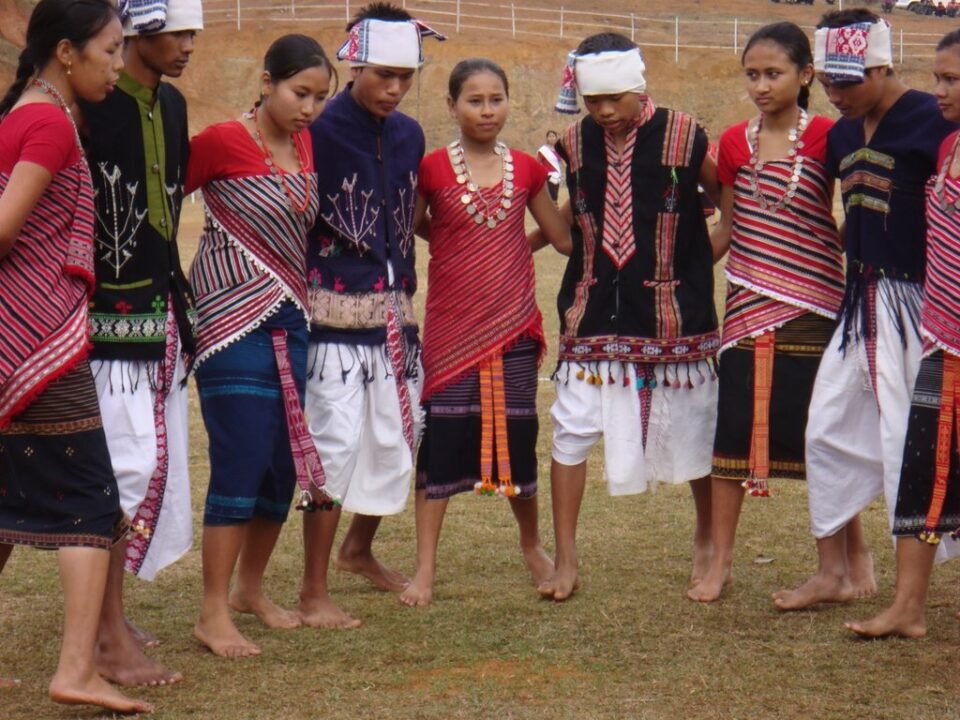HT DIGITAL
IMPHAL, JUNE 26: The former Manipur Chief Minister N. Biren Singh has sounded warning on what he describes as a “manipulated version” of a central legal order regulating the state’s hill areas. In a trenchantly worded letter to Governor Ajay Kumar Bhalla on Wednesday, Singh referred to differences between the Gazette of India and the Rules of Procedure and Conduct of Business of Manipur Legislative Assembly.
Singh takes issue with the 1972 Hill Areas Committee (HAC) Order, passed by Parliament and enacted in the Gazette. He contrasted the wording of the original with what appears in the rulebook of the Assembly and pointed to a subtle but significant distinction. Whereas the Gazette speaks of “the appointment of succession of Chiefs or Headman,” the Assembly’s reads “the appointment or succession of Chief or Headman.”
This is small change,” Singh wrote, “but substituting ‘or’ for ‘of’ fundamentally changes the scope of the provision.” To him, the new wording enables authorities to skirt conventional norms of succession and name new village chiefs or headmen with greater ease, leaving the field open to legal and administrative manipulation.
Singh cautioned that the changed wording has already resulted in the uncontrolled development of new villages, several of which, he asserted, have no historical or customary basis. Singh called on the Governor to initiate an independent inquiry into who made the change, on what authority, and when it was done.
He also demanded an audit to monitor the number of villages newly declared and the number of chiefs or headmen appointed after the changed rule took effect. Singh laid emphasis on the possible consequences, especially in sensitive regions characterized by land disputes, ethnic settlements, and recognition of villages.
The controversy unfolds against the backdrop of ongoing ethnic tensions between the Meitei and Kuki communities. Since 2023, violence has resulted in the deaths of over 260 people and the displacement of nearly 50,000. Singh’s concerns tie into deeper debates about land rights, tribal authority, and the role of traditional chieftainship in modern governance.
Significantly, the Manipur Hill Areas (Acquisition of Chiefs’ Rights) Act, 1967, aimed at abolishing the system of chieftainship, has never been enforced despite having been granted presidential assent in the same year. Consequently, hereditary chieftainship, particularly in Kuki tribes, continues to exist where chiefs still claim and hold lands through custom.












